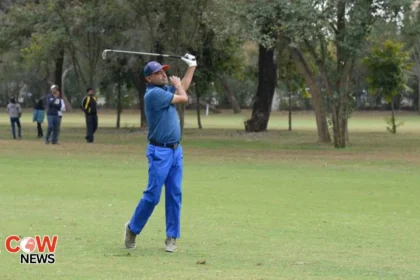Imran Khan, the founder of Pakistan Tehreek-e-Insaf (PTI), has refused the offer of house arrest, according to his sister Aleema Khan. Speaking to journalists outside Adiala Jail, Aleema claimed that Khan insisted on staying in jail rather than being confined to his home, stating that all other detainees should be released first.
Khan reportedly said he would face his legal cases head-on and prove his innocence before seeking freedom. He emphasized that rule of law, political stability, and peace are essential for the country’s economic recovery.
Overseas Pakistanis’ Contributions Highlighted
Aleema Khan revealed that Imran Khan underscored the importance of overseas Pakistanis, whose remittances are a critical pillar of the national economy. He criticized alleged harassment of their families through phone calls and stated that sending remittances is their prerogative.
“If overseas Pakistanis decide not to send remittances, it will be their choice,” Khan was quoted as saying. He added that expatriates are key contributors to investments and dollar inflows in Pakistan.
Conditions for Resuming Remittances Call
Imran Khan linked the resumption of his call for remittances to two demands:
- An investigation into the incidents of May 9 and November 26 by a judicial commission comprising the three senior-most judges of the Supreme Court.
- The immediate release of PTI members allegedly detained unjustly.
Criticism of Military Trials
Khan expressed concerns over convictions in military courts, claiming the trials lacked transparency and failed to provide open hearings. He urged the authorities to present any CCTV footage used as evidence to the public and conduct open-court trials.
He further suggested that a judicial commission should be established to review the evidence presented during military trials and ensure fair proceedings.
Imran Khan remains firm in his stance, calling for the release of all political prisoners and advocating for justice and transparency in legal processes.







